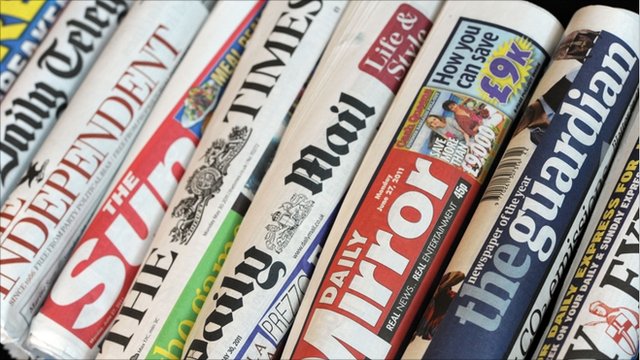So, this election. We’ve said it so much in the last six weeks we almost want to come up with another word for ‘election’. Covfefe, anyone?
Seriously though – the amount of TV airtime, Facebook arguments, and when-will-this-all-be-over memes on the internet that elections get is pretty insane.
And the economy is front and center of it all – from Theresa May parotting strong-and-stable like they’re the only words she knows, to the constant yes-he-can-no-he-can’t over whether Jeremy Corbyn can really afford to do everything he promises he will.
But more information doesn’t necessarily mean good information. A poll last week showed that even seven days away from the election, over half of UK voters didn’t feel like the information they’d heard so far was useful enough for them to cast their vote with confidence. And the same amount of people felt like they didn’t understand the impact that the economic policies they had heard about would have on them.
Last night’s debate alone was enough to show how this happened. Just watch this ten second video and say you’re not thinking that this looks more like kids in a schoolyard than politicians debating the future of the nation:
None of this is anyone’s fault. The world of those who communicate about economics just isn’t fit for purpose (we’ve been saying it all along.)
Think about it. An economics education doesn’t teach you a thing about communication – so economists graduate without knowing how to talk to non-economists about economics. Financial institutions and think tanks that report on the economy write for each other, not the public. The media is under pressure to churn out articles faster than the next publication, making it pretty difficult to properly pick apart the policies they’re reporting on. And politicians, by definition, have an agenda.
So where exactly are we supposed to go for information?
It’s not the first time people feel unprepared for a vote.
The Brexit debate was about all sorts of things, but what would happen to the British economy played a huge part in the conversation. Another poll showed that those who didn’t vote in the referendum were three times more likely than those who did vote to state that they have ‘zero understanding’ of what is being said about the economy in the media.
Zero.
Okay, so there’s definitely a problem here. Economics is just about people – our jobs, the prices of the stuff we buy, how to figure out who gets what, and what kind of values we make those decisions with.
And yet so many of us end up totally freaked out by the mention of the word alone – let alone the prospect of voting on it.
Disclaimer: We’re trying to fix that problem.
We spend most of our time asking people why they don’t like economics, seeing what we can do to make it more interesting, and then trying to get some of those economists and politicians and journalists who talk about it to do the same.
We ask people what the word ‘economics’ make them feel…
...and do our best to make it fun.
If you think we’re doing a good job, great. If not, tell us how to do it better. We’re convinced that economics can be for everyone – and that elections can be a time for a proper conversation on how our societies should work, not something that makes over half of the population feel uncertain about expressing their opinions.


